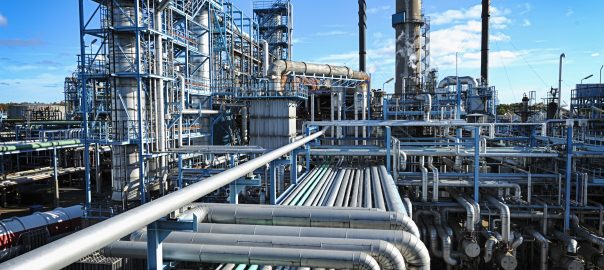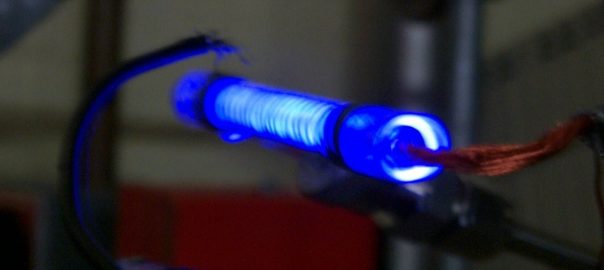While electricity tends to be seen as number one in terms of energy use, gas makes up 22% of the world’s energy needs and it’s growing. Many countries are transferring from coal to gas power stations resulting in reductions in CO2 emissions, methane leakage however is still a problem, which is far from climate friendly. 40% of the UK’s electricity actually comes from gas, and 83% of its homes are heated by gas. The trend is likely to continue globally with China’s future gas demand forecast to grow by 60% in future. This means better infrastructure and demand forecasts are needed
Gas clearly plays a major role in making the low-carbon transition a reality, especially since it’s not only natural gas we’re talking about here – it’s also methane (biogas), hydrogen and other cleaner alternatives. The gas network itself is also an immense infrastructure that could be used to store energy as well as distribute it. But to do this efficiently you need to make accurate forecasts, which can be challenging if you’re a network operator and you don’t know how much gas they will need to satisfy demand.
Continue reading Maths to the rescue for predicting gas demand


